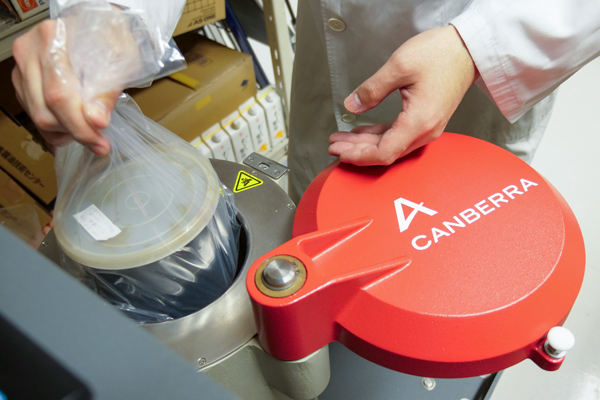The Kamada Group is aware that we are engaged in the manufacture and sale of food products. Food safety is important to us. We would like to establish the following policy:
Established: October 1, 2024
Revised: May 12, 2025
KAMADA SOY SAUCE Inc.
Kamada Foods Internaitonal, Ltd.
CEO Takeo Kamada
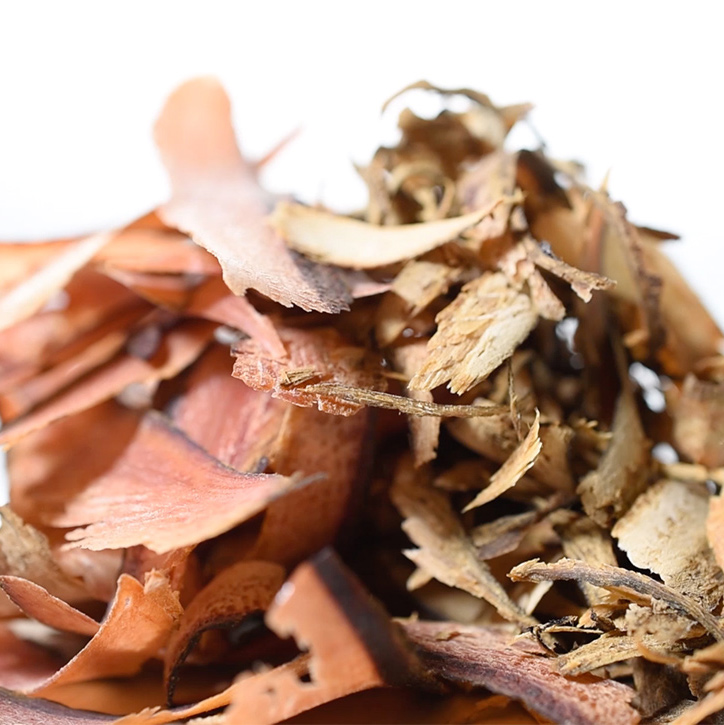
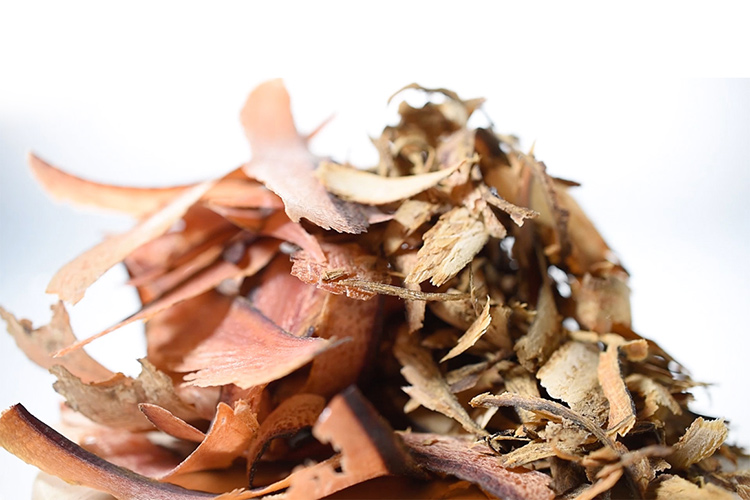
Washoku (Japanese cuisine) was registered with UNESCO’s Intangible Cultural Heritage as a Japanese traditional food culture in 2013. It continues to attract worldwide attention as a healthy food style.
Dashi is indispensable for Washoku.
Dashi is a fundamental part in Japanese cooking. It gently enhances umami, taste and flavor of the ingredients.
We use carefully selected high-quality ingredients that pair well with our soy sauce. All are sourced from trusted providers.

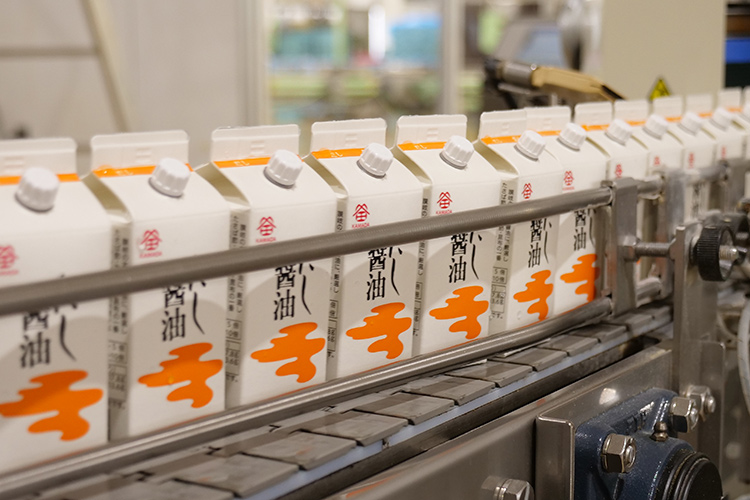
KAMADA SOY SAUCE Inc. has obtained ISO 9001 certification to ensure quality improvement and increased customer satisfaction. In addition, we have HACCP certification, audited by Japan Fisheries Association, for our Honmachi and Minato Factories to continue ensuring product safety.
The ingredients and products are inspected daily to make sure no radioactive substances are present. Only those that meet the strict standards will be shipped.
We will continue to work together to ensure high-quality products, safety, security and a reliable supply.
* For more details, please see the “Safety and Security Initiatives” below.

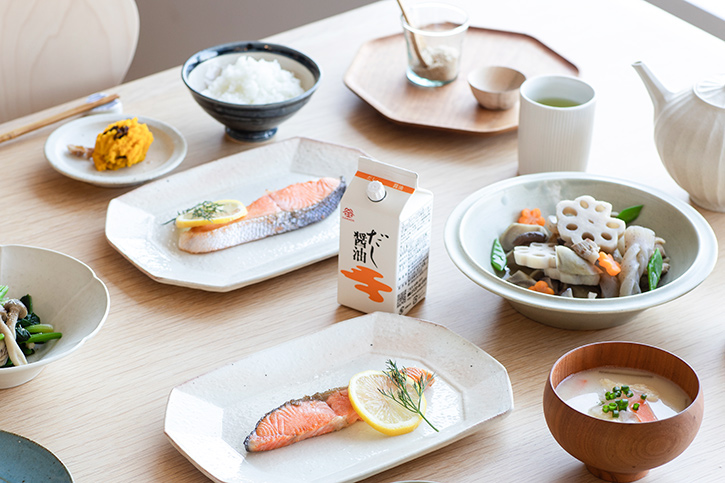
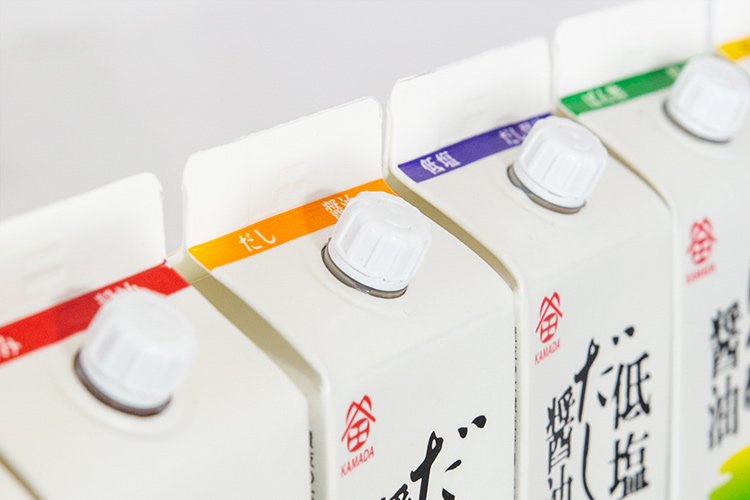
The first paper carton, developed in 1987, are now very popular. When the glass and PET bottles were still the mainstream, paper cartons spread nationwide as an epoch-making product.
Five years later, we developed the food industry’s very first paper carton with a spout cap.
We continued its development by adding a 200ml paper carton with a new spout cap and a 500ml with a one-touch spout cap to our product line.
Our paper cartons that reduce environmental load from transport to disposal are highly valued around the world.
In order to provide products that satisfy our customers, we at Kamada Soy Sauce have obtained ISO 9001 certification, an international quality standard that covers all processes from design and development to manufacturing and sales.
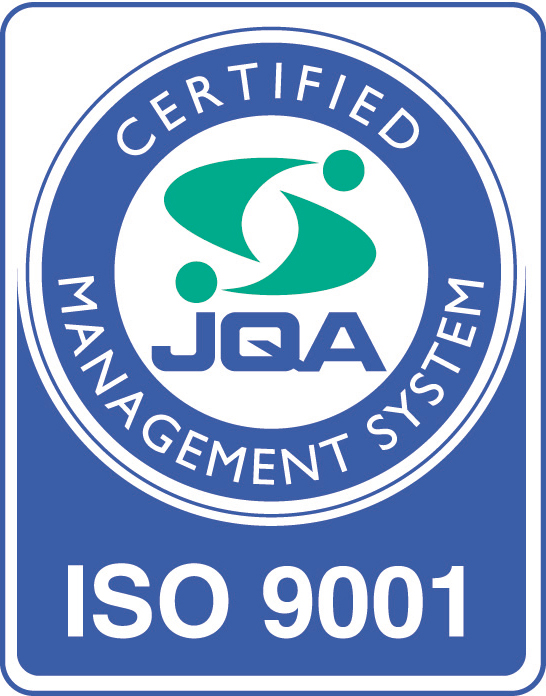
Date of certification: March 1, 2002
Certifying body: Japan Quality Assurance Organization (JQA)
Certified facilities: Honmachi Factory, Minato Factory
ISO 9001 is an international standard devised by the International Organization for Standardization (ISO) for “quality management systems,” or, put another way, “company-wide work practices.”
ISO 9001-certified companies are those companies that have been internationally recognized for their effective operation of quality management systems and continuous improvement of customer satisfaction.

We have obtained and are operating under the FSSC22000, an internationally recognized standard for food safety, at our Honmachi and Minato factories.
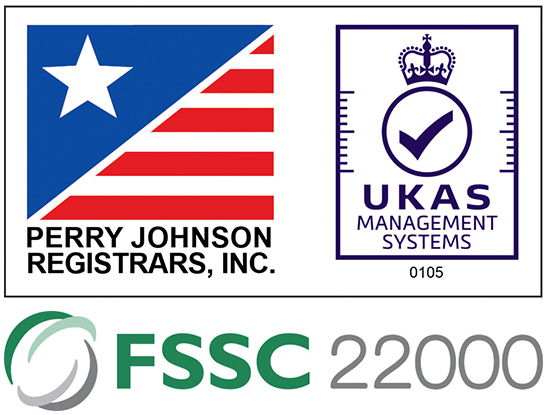
Certification obtained on :
June 22, 2025:Honmachi Factory
July 30, 2025:Minato Factory
Certification body: Perry Johnson Registrars, Inc.
FSSC (Food Safety System Certification) 22000 is based on ISO22000, an internationally recognized standard for food safety management systems, and is structured to include even stricter management items.
A third-party organization certifies that a higher level of food safety management has been achieved and that systems have been put in place to deliver safe food to customers.

At our factories producing paper carton products, we have acquired HACCP certification by third-party assessment. We continue to improve on our food safety.
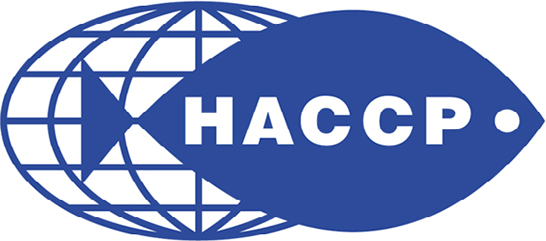
Date of certification:
March 11, 2019 (Honmachi Factory)
February 7, 2008 (Minato Factory)
Certifying body: Japan Food Certification Organization
HACCP is an acronym for “Hazard Analysis and Critical Control Point.”
It is a system for scientific analyzation and predicting biological, chemical, and physical hazards that may be present in food beforehand. The system constantly controls and records the processes by which they can be eliminated (or reduced to a safe level), in all steps, from receipt of raw materials to manufacturing and shipping.

KAMADA SOY SAUCE Inc. has been conducting the voluntary radioactivity testing since March 21, 2012.
The voluntary testing is conducted by an internal qualified examiner. The device used for testing “NaI(Tl) scintillation spectrometer” meets the standards indicated in “Method for Testing Radioactive Caesium in Food”, as prescribed by the Japanese Ministry of Health, Labour and Welfare (MHLW).
We set our permissible level as one-fiftieth of the standard value established by the MHLW for general foods. We conduct inspections for every production lot from ingredients to the final products.
No such radiation has been detected in final products since inspections began.

